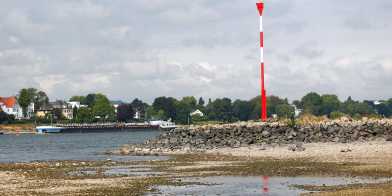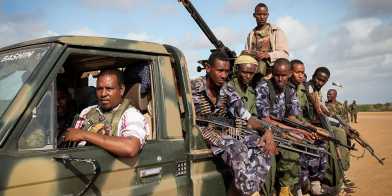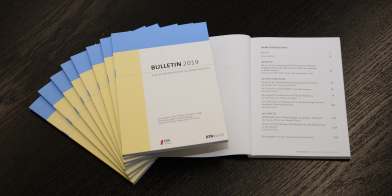11
National Economic Supply as an Emergency Precaution

Supplying modern societies with important goods and services has become more volatile due to the globalization of the flow of goods. In Switzerland, enterprises and the state cooperate on national economic supply to ensure the provision of vital requirements in times of crises. Changes are required if this system is to continue in the future, argues Andrin Hauri in this CSS Analysis.
Organized Crime and Terrorist Networks
This new edited volume explores organized crime and terror networks and the points at which they intersect. The collection is the outcome of empirical research, seminars, workshops and interviews by a multinational consortium of researchers within the TAKEDOWN project and includes two chapters co-authored by CSS’ Matteo Bonfanti.
Educating Engineers for Resilience
In this CSS Policy Perspective, Benjamin Scharte argues that critical infrastructures are becoming more complex and interdependent, which in turn is increasing their vulnerability. The resilience of these systems against disruption and failure is thus crucial. According to the author, engineers can help increase critical infrastructure resilience if they acknowledge the complexity and socio-technical nature of such infrastructure.
The Ties That Bind Ethnicity, Pro-government Militia, and the Dynamics of Violence in Civil War

How do pro-government militia (PGM) influence the dynamics of violence during civil conflict? In this paper, Luke Abbs, CSS’ Govinda Clayton and Andrew Thomson address this question by looking at ethnic ties between militia and governments. The authors find that the presence of co-ethnic militia, that is groups composed of the ruling elite’s ethnic kin, are associated with longer and more intense civil conflict.
Bulletin on Swiss Security Policy

The CSS’ newly released Bulletin 2019 on Swiss Security Policy features an interview with Ambassador Pälvi Pulli, head of security policy at the Federal Department of Defence, Civil Protection and Sport (DDPS), along with articles on the development of armed forces in small states, Switzerland and NATO, the digital transformation of peace promotion, and the dilemma in dealing with Western foreign fighters detained in Syria and Iraq.
Ceasefires in Intra-state Peace Processes
Ceasefires are one instrument frequently used to try and stop violence. To improve the effectiveness of ceasefires in advancing peace, concerted efforts by mediators, policymakers and researchers are needed to better understand the way they interact with the political decisions made in peace processes, argue Govinda Clayton, Simon J. A. Mason, Valerie Sticher and Claudia Wiehler in this new CSS Analysis.